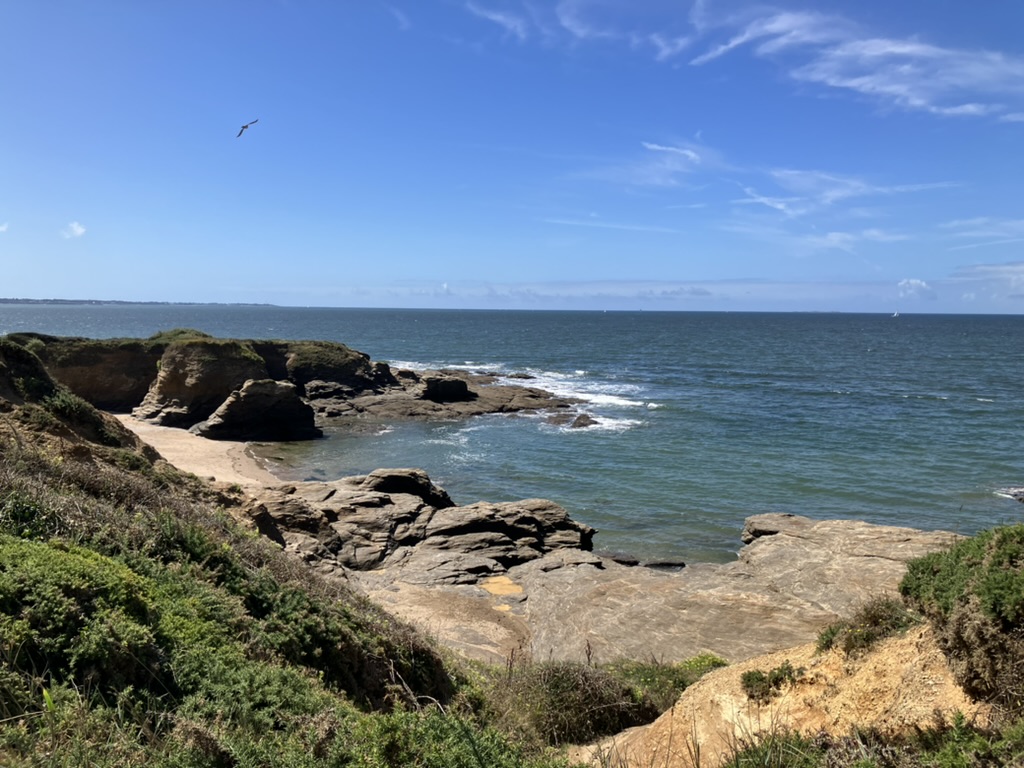In Germany, women earn an average of 18 percent less than their male colleagues. Over one year, this is the equivalent of women working for free until 6 March 2024 (Equal Pay Day). In a policy paper, researchers from the Konstanz Cluster of Excellence "The Politics of Inequality" explain how the gender pay gap could be reduced.
